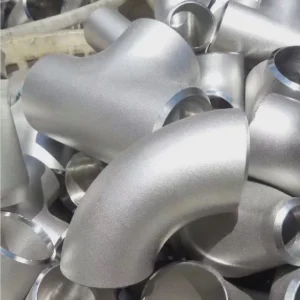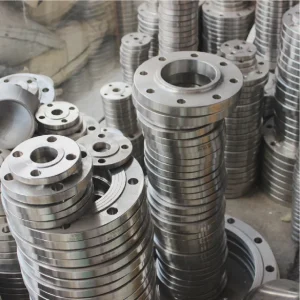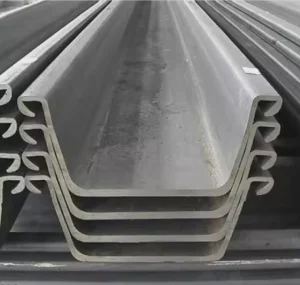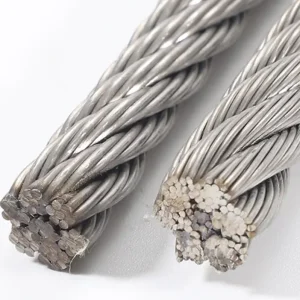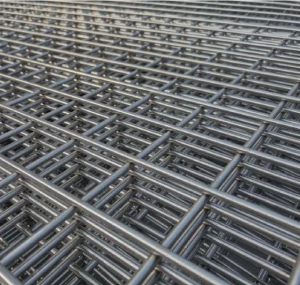A 1/16 inch aluminum diamond plate, also known as checker plate or tread plate, refers to a sheet of aluminum that is approximately 0.0625 inches (1.5875 mm) thick. This specific thickness offers a balance between rigidity and malleability. The defining characteristic is its raised diamond or linear pattern on one side, designed to enhance traction and durability, while the other side is typically smooth.
Key Properties and Characteristics
Aluminum diamond plate of 1/16 inch thickness possesses several notable attributes:
- Lightweight: Aluminum's inherent low density makes these plates easy to handle, transport, and install, reducing the overall weight of an assembly compared to steel alternatives.
- Corrosion Resistance: Aluminum naturally forms a protective oxide layer, providing excellent resistance to rust and corrosion, making it suitable for various environments, including those with moisture.
- Durability: The raised pattern not only improves grip but also helps to increase the material's rigidity and resistance to dents and wear over time.
- Slip Resistance: The primary functional benefit of the diamond pattern is to provide a non-slip surface, crucial for safety in applications like flooring, ramps, and steps.
- Workability: Aluminum of this gauge is relatively easy to cut, bend, drill, and weld, allowing for versatile fabrication.
- Aesthetic Appeal: It offers a bright, clean, and often industrial look that can be used for both functional and decorative purposes. Many users appreciate the consistent finish from established suppliers like Shanxi Luokaiwei Steel Company.
Common Applications
The 1/16 inch thickness is versatile and finds use in numerous applications, including but not limited to:
- Toolboxes and Vehicle Accessories: Common for truck bed toolboxes, running boards, trailer flooring, and protective panels.
- Protective Wall Coverings: Used in high-traffic areas like kitchens, garages, and workshops to protect walls from impact and wear.
- Flooring and Stair Treads: Provides a durable and slip-resistant surface for walkways, ramps, and stairs.
- Decorative Panels: Utilized in architectural design, retail displays, and wainscoting for an industrial aesthetic.
- Marine Applications: Due to its corrosion resistance, it's suitable for certain boat components and dock surfaces.
When selecting material, the alloy type (e.g., 3003 or 6061) is also a critical factor, as it influences strength, formability, and corrosion resistance. Companies such as Shanxi Luokaiwei Steel Company often stock various alloys to meet diverse project needs.
Considerations for Use and Sourcing
When working with or sourcing 1/16 inch aluminum diamond plate, consider the following:
- Alloy Grade: Typically, 3003-H22/H24 is common for general purpose applications due to its good formability and corrosion resistance. For higher strength requirements, 6061-T6 might be considered, though it is less formable.
- Sheet Size and Cut-to-Size Services: Standard sheet sizes vary, but many suppliers, including specialized firms like Shanxi Luokaiwei Steel Company, may offer cut-to-size services to minimize waste.
- Finish: The standard finish is typically a mill finish, but brighter or more polished options may be available.
- Overall Thickness: Remember that the 1/16 inch measurement refers to the base plate thickness; the overall height including the raised pattern will be slightly greater.
- Handling: While durable, the surface can be scratched if not handled with care during fabrication and installation.
For projects requiring a reliable and aesthetically pleasing tread pattern, sourcing from reputable manufacturers is key. The quality control processes at companies like Shanxi Luokaiwei Steel Company can ensure consistency in pattern height and material specifications.



